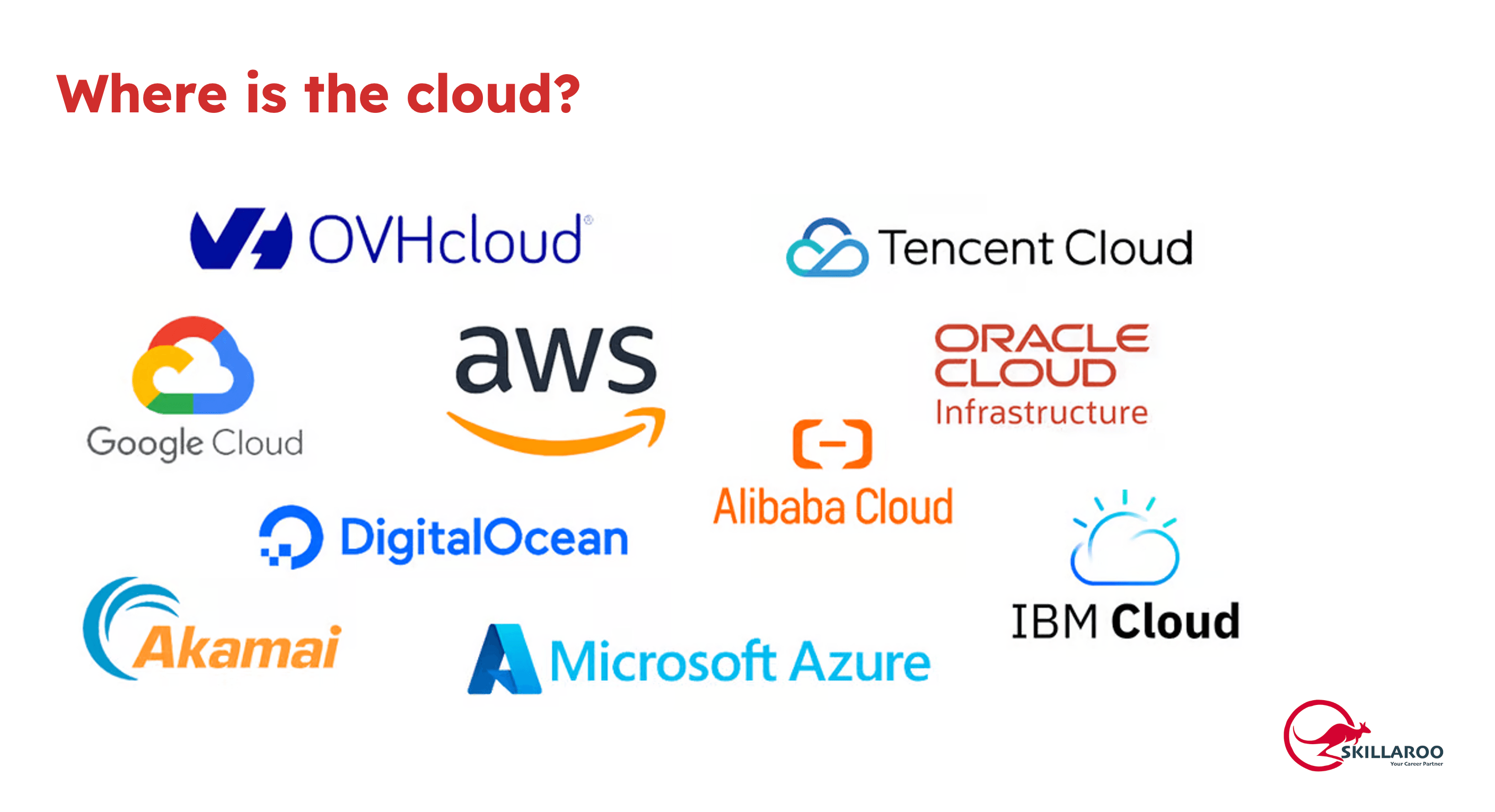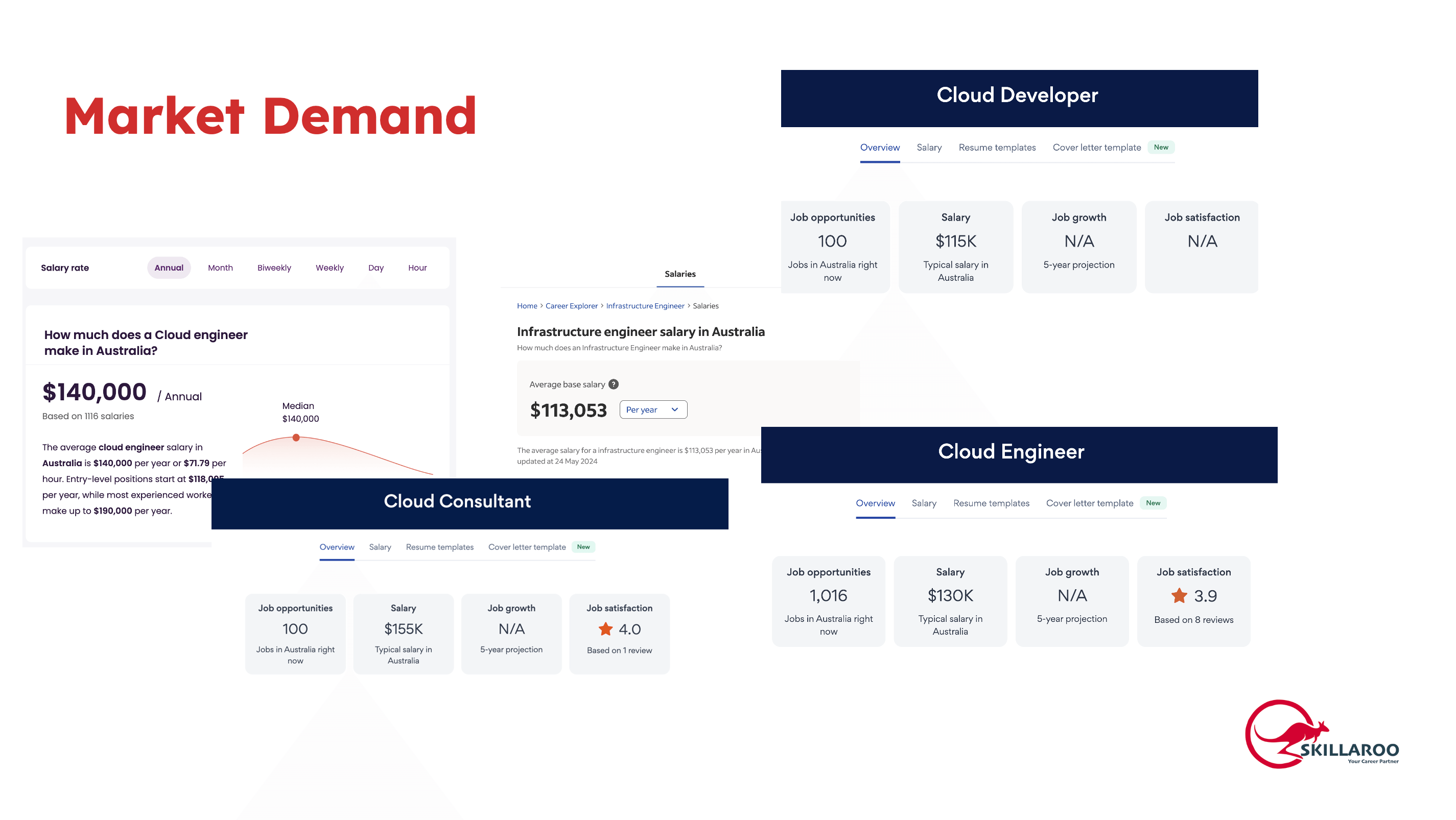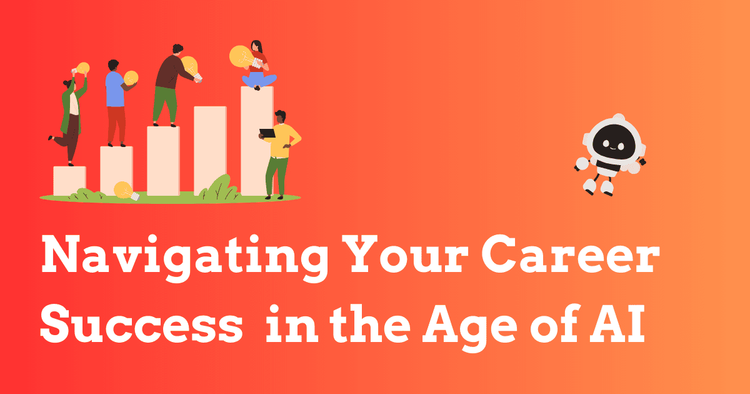Kickstart Your Career in Cloud Computing: Be Job Ready in the IT Industry
Introduction
Welcome to the exciting world of Cloud Computing! As technology evolves, the demand for cloud-based solutions has skyrocketed, making cloud engineering one of the most sought-after careers. In this blog, we'll explore the key concepts of cloud computing, the skills you need, and how to get started in this dynamic field, ensuring you are job ready for a successful IT career. 
Understanding Cloud Computing
Cloud computing is a technology that allows individuals and businesses to use computing resources over the internet. Instead of owning their own computing infrastructure or data centers, companies can rent access to everything from applications to storage from a cloud service provider. This shift offers several benefits, including cost savings, scalability, and access to advanced technologies without the need for significant upfront investment.
Key Characteristics of Cloud
- On-demand self-service: Users can provision computing capabilities as needed automatically without requiring human interaction with each service provider.
- Broad network access: Resources are available over the network and accessed through standard mechanisms that promote use by heterogeneous thin or thick client platforms (e.g., mobile phones, tablets, laptops, and workstations).
- Resource pooling: The provider's computing resources are pooled to serve multiple consumers using a multi-tenant model, with different physical and virtual resources dynamically assigned and reassigned according to consumer demand.
- Rapid elasticity: Capabilities can be elastically provisioned and released, in some cases automatically, to scale rapidly outward and inward commensurate with demand.
- Measured service: Cloud systems automatically control and optimize resource use by leveraging a metering capability at some level of abstraction appropriate to the type of service (e.g., storage, processing, bandwidth, and active user accounts). Resource usage can be monitored, controlled, and reported, providing transparency for both the provider and consumer of the utilized service.
Types of Cloud Services
Cloud services are categorized into three main types:
- Infrastructure as a Service (IaaS): Provides virtualized computing resources over the internet. Examples include AWS EC2 and Google Compute Engine. IaaS is used by IT administrators.
- Platform as a Service (PaaS): Offers hardware and software tools over the internet. Examples include Google App Engine and AWS Elastic Beanstalk. PaaS is used by developers.
- Software as a Service (SaaS): Delivers software applications over the internet. Examples include Google Workspace and Microsoft Office 365. SaaS is used by end users.
Career Opportunities in Cloud Computing
There are several roles within the cloud computing field, each requiring a unique set of skills and responsibilities:
- DevOps Engineer: Focuses on automating and streamlining development and deployment processes in a cloud environment. They ensure the continuous integration and delivery (CI/CD) of applications.
- Solution/Cloud Architect: Designs and manages an organization's cloud infrastructure. They ensure that systems are scalable, secure, and cost-efficient.
- Cloud Developer: Specializes in building and deploying applications on cloud platforms using various tools and technologies.
- Cloud Operations Engineer: Responsible for monitoring and maintaining cloud systems, ensuring they are operating efficiently and reliably.
- Cloud Security Engineer: Focuses on protecting cloud infrastructure and data from threats. They implement and manage security policies and tools.
- Cloud Data Engineer: Manages and analyzes data stored on cloud platforms. They use big data tools and techniques to process and interpret large datasets.
Market Demand
The market demand for cloud professionals is significant due to the rapid adoption of cloud technologies by businesses of all sizes. Cloud computing offers flexibility, scalability, and cost-effectiveness, making it an attractive option for many organizations. As a result, there is a high demand for skilled professionals who can help companies transition to the cloud and optimize their cloud infrastructure.

Getting Started in Cloud Computing
To start a career in cloud computing and be job ready, follow these steps:
- Understand the Basics: Gain a solid foundation in network architecture, web architecture, data storage, and file systems. Understanding how the web and data systems work is crucial.
- Choose a Cloud Provider: Focus on one cloud provider initially. Popular options include Google Cloud Platform (GCP), Amazon Web Services (AWS), and Microsoft Azure.
- Learn the Services: Familiarize yourself with the various services and applications offered by your chosen provider. Each cloud platform has its unique set of tools and services.
- Service-Oriented Architecture: Understand how different services interact within a cloud environment. This knowledge is essential for designing efficient and scalable systems.
- Hands-On Practice: Use free tier credits to try out practical use cases and projects. Practical experience is invaluable.
- Follow Learning Paths: Cloud providers offer structured learning paths that guide you through the necessary skills and knowledge.
- Get Certified: Earn certifications to validate your skills and knowledge. Certifications are recognized by employers and can boost your job prospects.
- Learn Infrastructure as Code (IaC): Tools like Terraform and CloudFormation allow you to manage cloud resources programmatically, which is a critical skill in modern cloud environments.
Resources for Learning
- Google Cloud Skills Boost: Offers comprehensive training for Google Cloud Platform.
- AWS Skills Builder: Provides learning resources for AWS.
- Udemy Courses: Affordable online courses on specific cloud skills.
- YouTube: Free tutorials and walkthroughs on various cloud topics.
- Instructor-Led Courses: like Skillaroo's tailored cloud computing course give more structured learning experiences with practical use cases and hands-on labs.

Tips for Success
- Build a Strong Foundation: Ensure you understand the basics before diving into advanced topics.
- Practice Regularly: Work on real-world projects to enhance your understanding.
- Be Patient: Learning cloud computing takes time and dedication.
- Collaborate: Join communities and collaborate with others to learn and grow.
- Get Certified: Certifications can boost your credibility and job prospects.
Conclusion
Starting a career in cloud computing is an exciting journey that offers numerous opportunities. By building a strong foundation, gaining practical experience, and earning certifications, you can position yourself as a valuable asset in this growing field. Stay curious, keep learning, and embrace the future of technology in the cloud!
Still unsure?
If you're feeling overwhelmed or unsure about how to kickstart your career in cloud computing, don't worry—Skillaroo - Your Career Partner is here to help! We offer comprehensive training programs tailored to both beginners and experienced professionals. Our expert instructors provide hands-on learning experiences, practical use cases, and up-to-date knowledge on the latest cloud technologies and support you need to become job ready and excel in your IT career. Join our community and take the first step towards a successful future in cloud computing with confidence!








